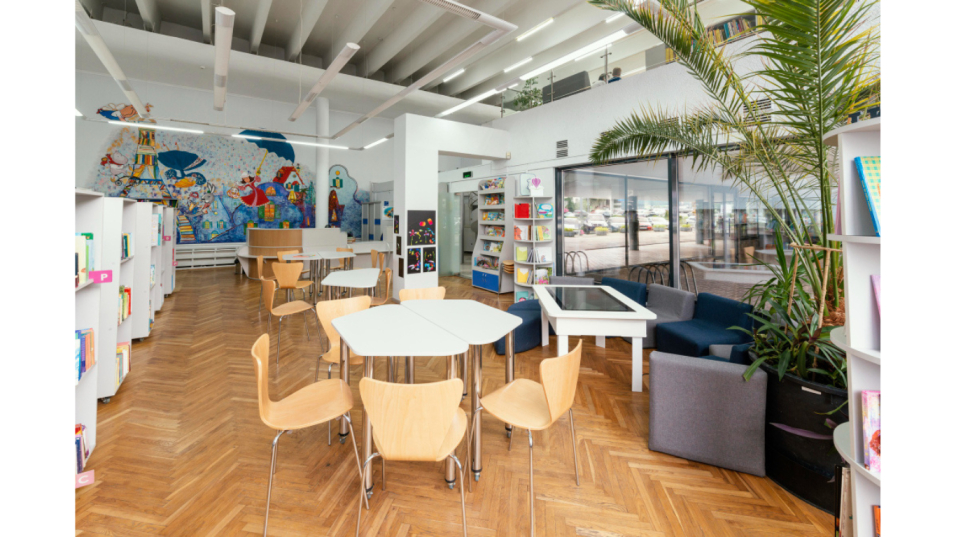Co-working spaces have been growing in popularity in Thailand in the past few years. In fact, these shared workspace arrangements are now commonplace across the country. This development leads us to wonder what has led to Thailand’s broad adoption of such co-working spaces.
Economic Growth and Entrepreneurship
Thailand’s burgeoning economy and the rise of entrepreneurship have played a pivotal role in the proliferation of co-working spaces. As the startup ecosystem continues to flourish, driven by government support and an influx of investment, a growing demand for flexible workspaces has developed. Co-working spaces offer an attractive alternative to traditional offices, providing entrepreneurs, freelancers, and small businesses with affordable yet professional environments to work and collaborate.
Urbanization and Changing Work Dynamics
The rising urbanisation of the Thai population, along with changing work patterns, has accelerated the growth of co-working spaces. Traditional office settings are losing popularity as more people wish for flexibility and mobility in their jobs. Co-working spaces are responding to this change by providing flexible membership plans, high-speed internet and state-of-the-art facilities, as well as possibilities for networking and talent sharing.
Tech-savvy Culture and Digital Nomadism
Thailand’s tech-savvy populace, as well as the development of digital nomadism, have helped to drive the popularity of co-working spaces. As technology advances and allows for more and more remote work, an increasing number of professionals are choosing location-independent lifestyles. Co-working facilities provide these digital nomads with the infrastructure and networking opportunities they need to be productive while enjoying Thailand’s unique culture and environment.
Collaborative Ecosystem and Networking Opportunities
One of the primary benefits of co-working facilities is the collaborative environment they generate. These spaces foster collaboration, creativity, and information exchange by bringing people from all backgrounds and industries together under one roof. From informal networking events to planned workshops and seminars, co-working spaces provide possibilities for professionals to interact, learn, and expand their networks.
Work-Life Balance and Wellness Initiatives
In a world where work-life balance is increasingly prized, co-working spaces have developed as havens for overall well-being. Many Thai co-working facilities provide more than simply a workstation, offering wellness activities such as yoga, meditation, and healthy eating alternatives. These facilities assist professionals in striking a work-life balance and creating an environment conducive to productivity and creativity.
Cultural Shift and Changing Perceptions
Finally, there has been a significant cultural shift in Thai attitudes to labour and the workplace. Traditional ideas about corporate hierarchy and fixed office structures are losing ground to more versatile and collaborative workspaces. Co-working spaces reflect this transformation by representing the principles of openness, creativity, and community. As a result, they have grown in popularity among a diverse variety of professionals looking for alternatives to typical office layouts.
To summarise, the development of co-working spaces in Thailand is due to a mix of economic, social, and cultural factors. As the government promotes entrepreneurship, urbanisation, and digital innovation, the need for flexible workplaces is expected to rise further. Co-working spaces are becoming an integral part of Thailand’s modern work landscape, whether they serve as a platform for collaboration, promote work-life balance, or meet the demands of digital nomads.


